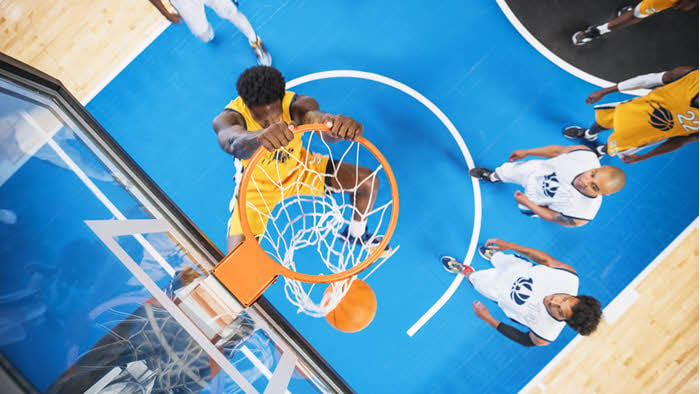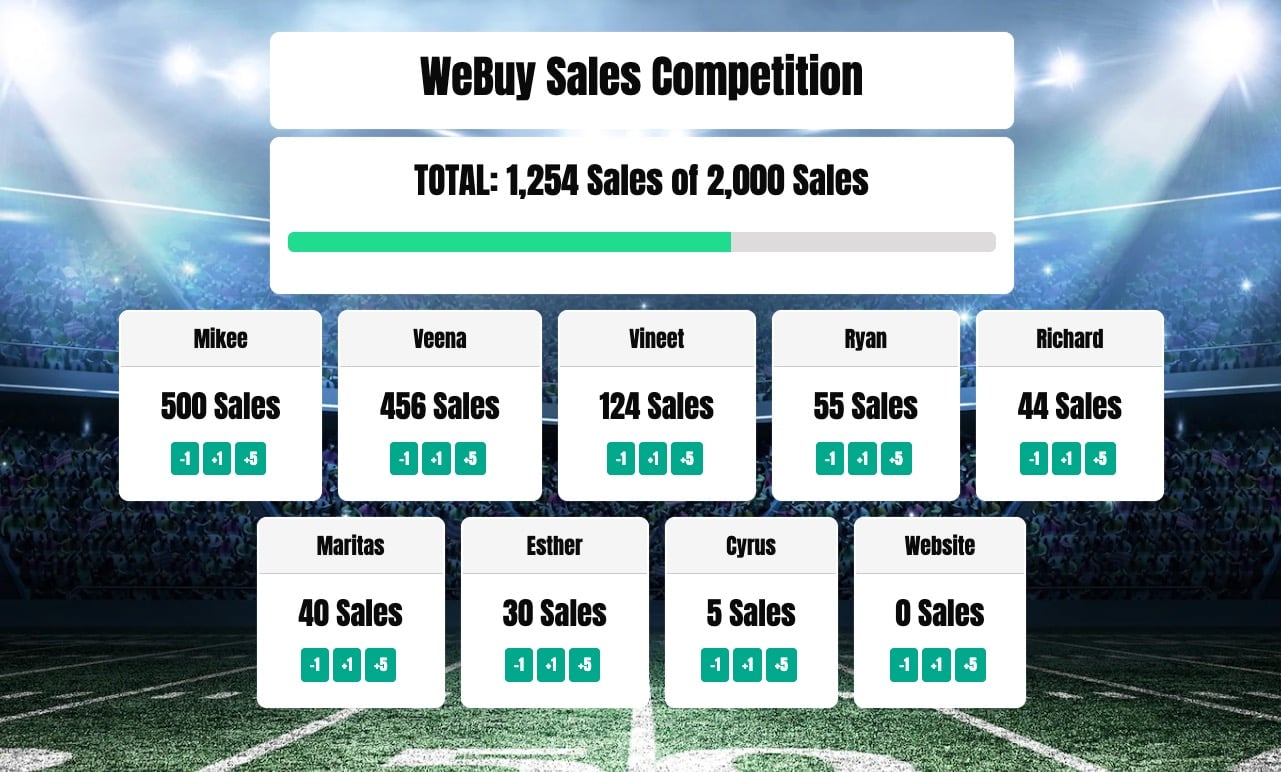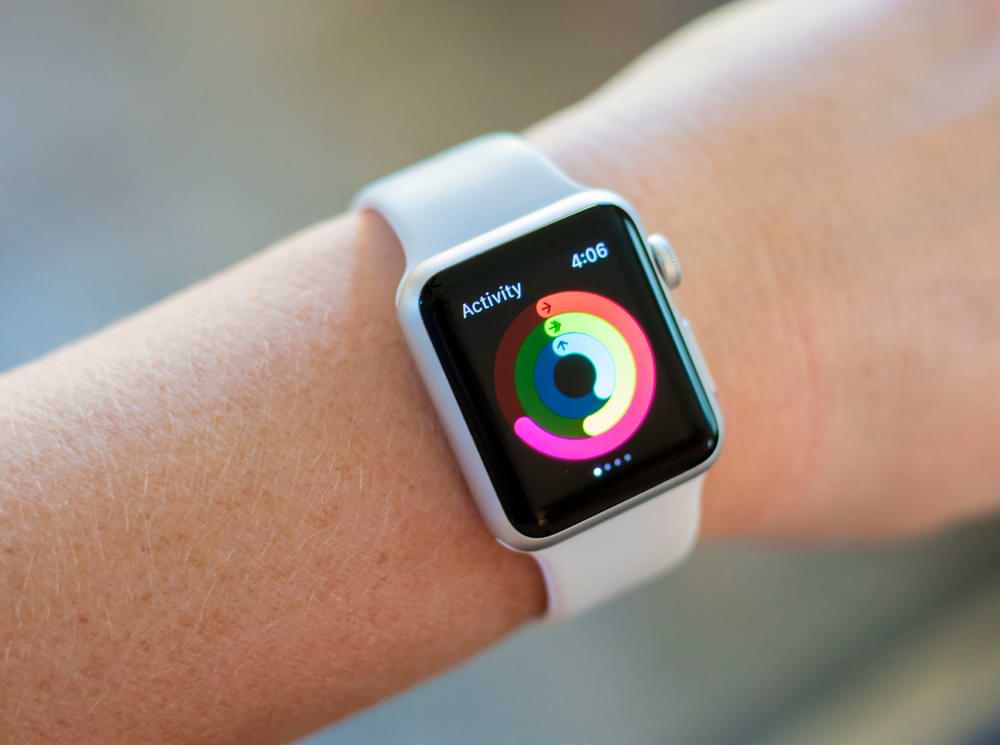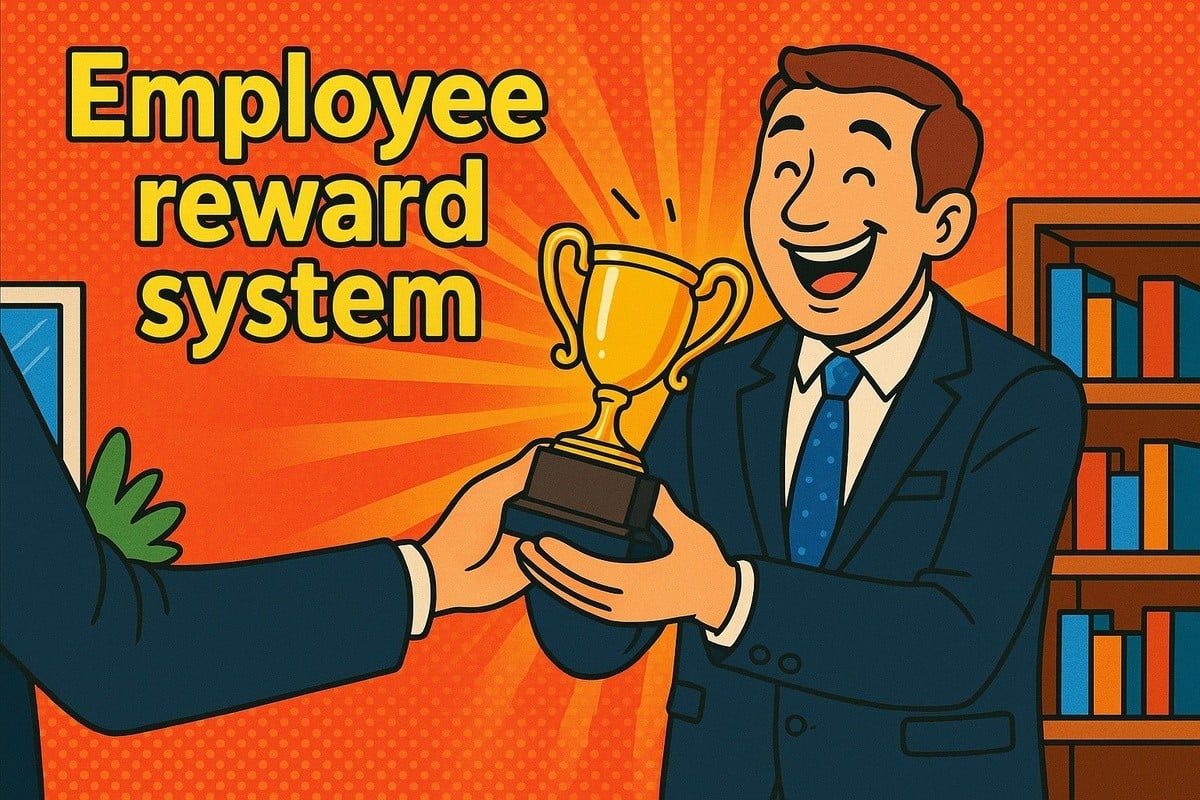Introduction to Sales Contests
Sales contests are structured competitions designed to motivate sales teams through gamification and rewards. Unlike the cutthroat competition depicted in films like Glengarry Glen Ross, effective sales contests build team cohesion while driving performance improvements. The key is balancing competitive elements with collaborative opportunities.

This guide presents 8 field-tested sales contest formats suitable for teams of various sizes and industries. These formats complement both ongoing sales competitions and focused prospecting days.
8 Sales Contest Formats
1. Gift Swiping Contest
Mechanics: Place 15-20 wrapped gifts in a common area. When a salesperson closes a deal exceeding a preset threshold, they select and unwrap a gift. Subsequent deal closers can either unwrap a new gift or claim an already-opened gift from a colleague. The contest ends when all gifts are unwrapped.
Duration: 2-4 weeks Performance Metric: Deal value above specified threshold Prize Budget: $10-50 per gift, with 1-2 premium items ($100-200) Key Success Factor: Visible gift display area to maintain engagement
2. Jar of Cash Contest
Mechanics: Run as a single-day sprint. Assign dollar values to specific achievements ($1 per scheduled meeting, $5 per closed deal). Add the corresponding cash to a jar for each achievement. The jar moves to the achiever's desk. Whoever possesses the jar at day's end keeps the contents.
Duration: Single business day Performance Metric: Multiple small achievements Prize Budget: $50-100 starting amount Key Success Factor: Transparent jar for visual impact
3. March Madness Tournament

Mechanics: Create a tournament bracket featuring all sales team members. Pairs compete head-to-head for set periods before winners advance. Competitions can focus on any sales metric.
Duration: 2-3 weeks Performance Metric: Calls, meetings, or revenue (choose one) Prize Budget: Tiered rewards for each advancement level Key Success Factor: Physical bracket display for ongoing visibility
4. Buddy System Contest
Mechanics: Pair experienced salespeople with newer team members. Teams compete based on combined performance metrics. This format facilitates knowledge transfer while maintaining competitive elements.
Duration: 3-4 weeks Performance Metric: Combined team results Prize Budget: Equal rewards for both partners Key Success Factor: Scheduled strategy sessions between partners
5. Raffle Ticket System
Mechanics: Award raffle tickets for specific achievements (closing deals, scheduling meetings). Accumulate tickets throughout the contest period. Draw winners for multiple prizes at contest end.
Duration: 2-4 weeks Performance Metric: Various qualifying activities Prize Budget: Multiple medium prizes plus one premium prize Key Success Factor: Display all prizes throughout contest period
6. Most Rejections Contest
Mechanics: Track and reward the highest number of sales rejections. This contest reframes rejection as a positive metric and encourages clearing stalled opportunities from the pipeline.
Duration: 1-2 weeks Performance Metric: Total rejection count Prize Budget: Single winner prize with milestone recognition Key Success Factor: Follow-up training on rejection handling techniques
7. Early Friday Dismissal
Mechanics: Set a collective team goal for Friday. If achieved by predetermined time (e.g., 2 PM), entire team leaves early. Company covers first round at designated venue.
Duration: Single Friday Performance Metric: Team-wide goal achievement Prize Budget: Early dismissal plus social budget Key Success Factor: Challenging but attainable team target
8. Sales Bingo
Mechanics: Create bingo cards featuring different sales scenarios (product types, deal sizes, customer segments). First to complete a line or full card wins. Balances skill with element of chance.
Duration: 2-3 weeks Performance Metric: Completing specific sales combinations Prize Budget: Prizes for line completion and full bingo Key Success Factor: Mix of difficulty levels on cards
Measuring Contest Effectiveness
Evaluate sales contests using these metrics:
- Sales Lift Percentage: Compare contest period performance to baseline
- Participation Rate: Track active participant percentage
- Skill Development: Assess knowledge transfer in buddy contests
- Behavioral Persistence: Monitor whether improvements continue post-contest
Successful contests generate both immediate results and sustained behavioral improvements.
Prize Selection Guidelines
Non-cash rewards typically generate stronger motivation than cash prizes, as sales teams already receive commission-based compensation. Effective non-cash prizes include:
Experience-Based Rewards:
- Executive lunch meetings
- Weekend travel vouchers
- Event tickets (sports, concerts, theater)
- Fine dining experiences
- Extra paid time off
Material Rewards:
- Latest technology devices
- Premium parking privileges
- Retail gift cards
- Professional development courses
- Office upgrades
Recognition Rewards:
- Team lunch selection rights
- Trophy or plaque display
- Feature in company communications
- Choice of next team outing
Avoid cash prizes except for specific formats like the Jar of Cash contest. For sustained motivation beyond individual contests, implement an employee reward system.
Implementation with Digital Leaderboards
Visual tracking enhances contest engagement and transparency. Digital leaderboards provide real-time updates and eliminate manual scorekeeping. For optimal contest structure, consult our sales competition formats guide.
 An online leaderboard from Keepthescore.com
An online leaderboard from Keepthescore.com
Leaderboard Setup Process
- Click the button above to initiate leaderboard creation
- Select appropriate leaderboard type for your contest
- Input all participant names
- Click "Create your leaderboard"
- Navigate to SETTINGS > Rankings and scores
- Customize score suffix to match your metric (Sales, Calls, Rejections)
- Share access link with participants
Simplify contest enrollment with a dedicated contest signup page to streamline participant registration.
Looking for a custom solution?
Let's talk about your specific needs and how we can help.
Best Practices for Sales Contest Success
- Align with Business Goals: Ensure contest metrics support broader objectives
- Maintain Transparency: Publish clear rules and real-time standings
- Balance Competition Types: Alternate between individual and team formats
- Celebrate All Participants: Recognize effort beyond just winners
- Gather Feedback: Survey participants post-contest for improvements
Effective sales contests combine clear objectives, appropriate rewards, and transparent tracking to drive performance while maintaining positive team dynamics.







